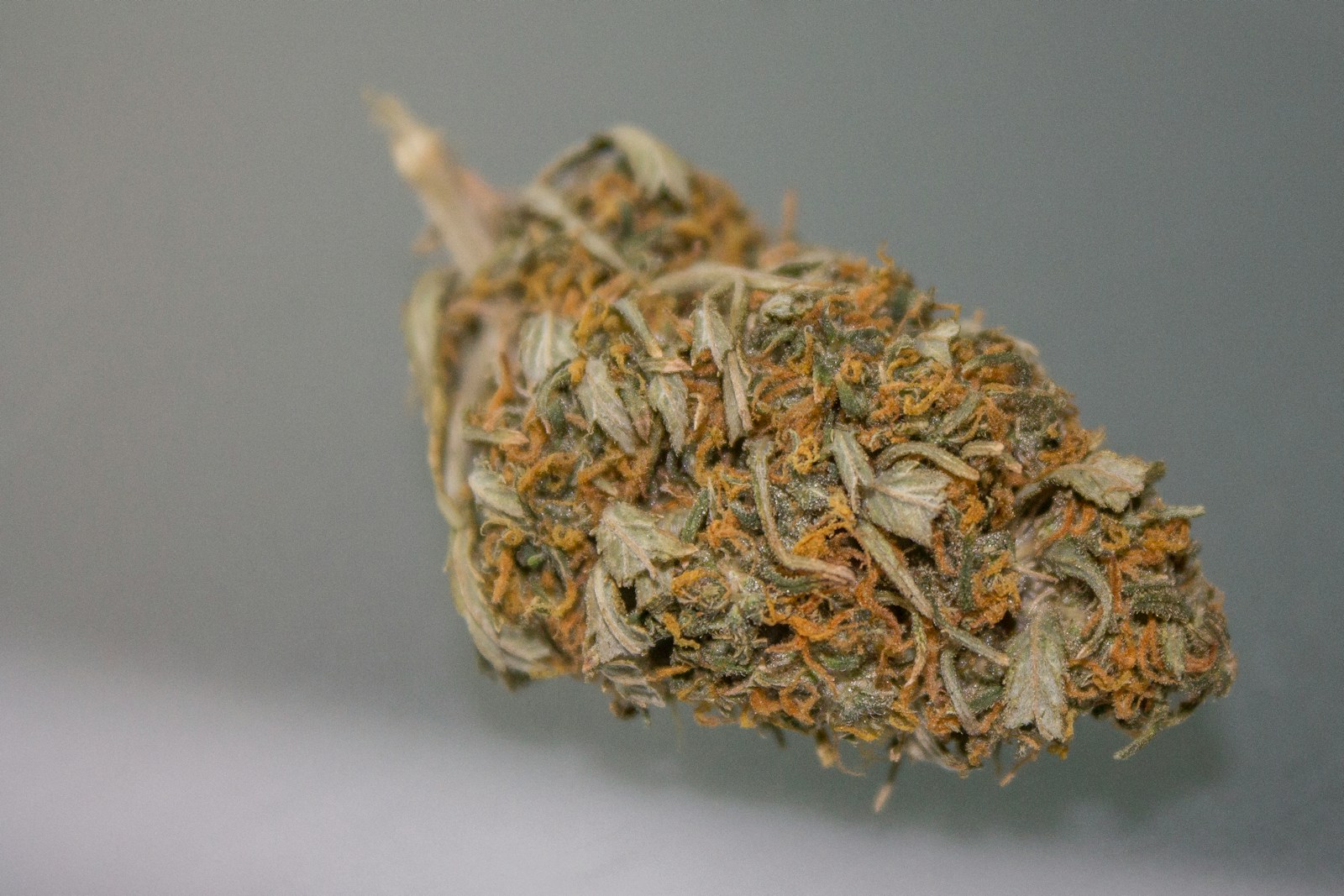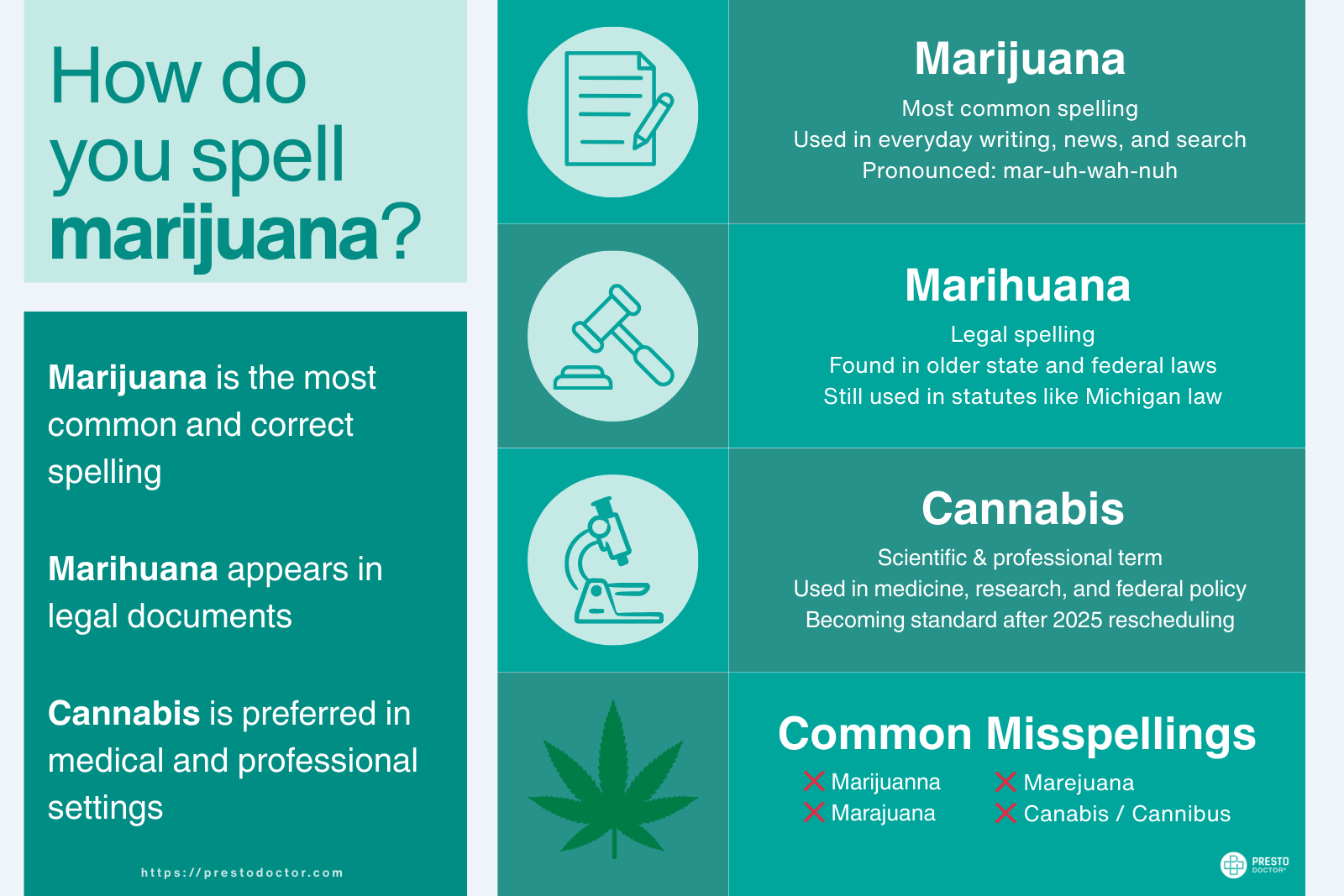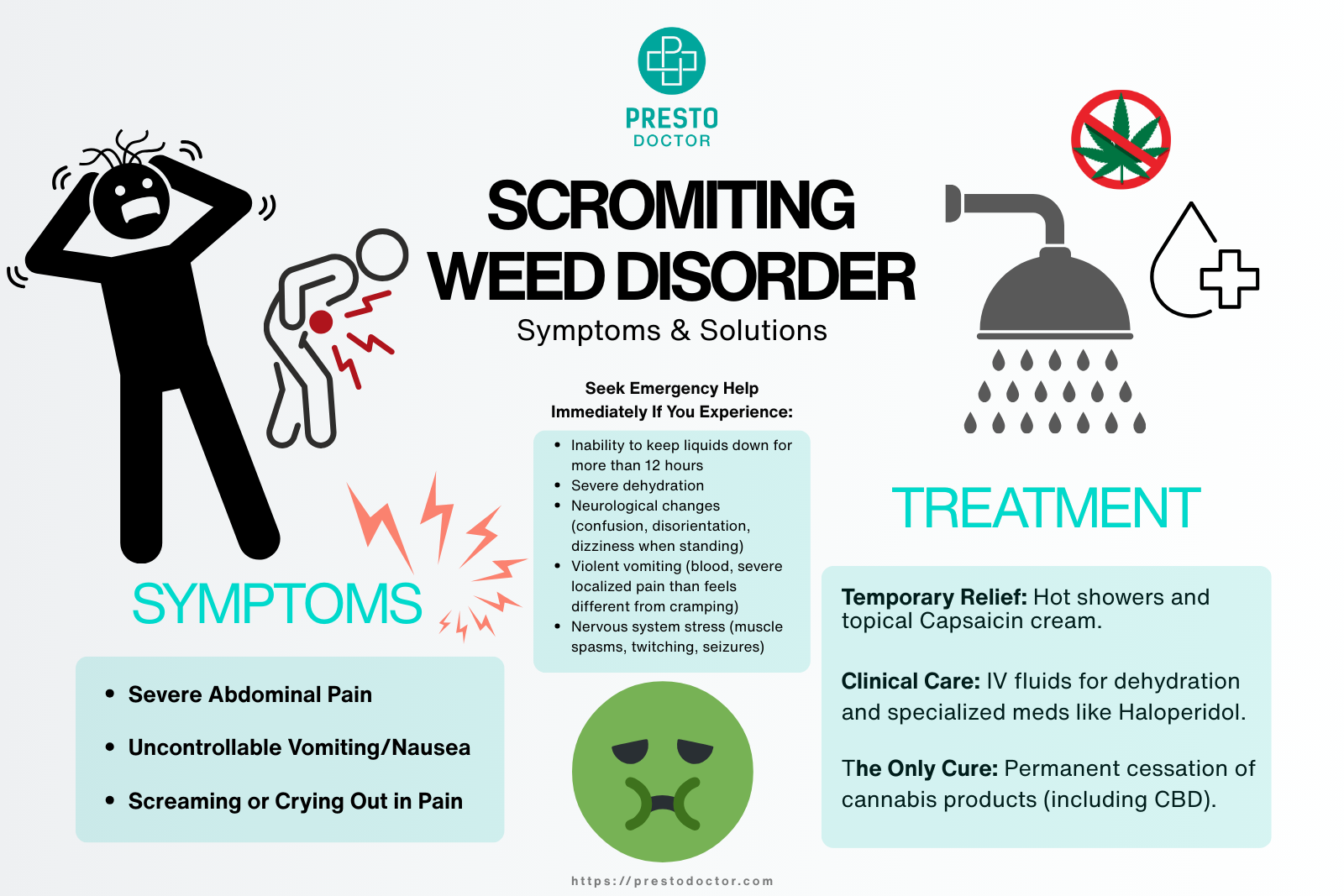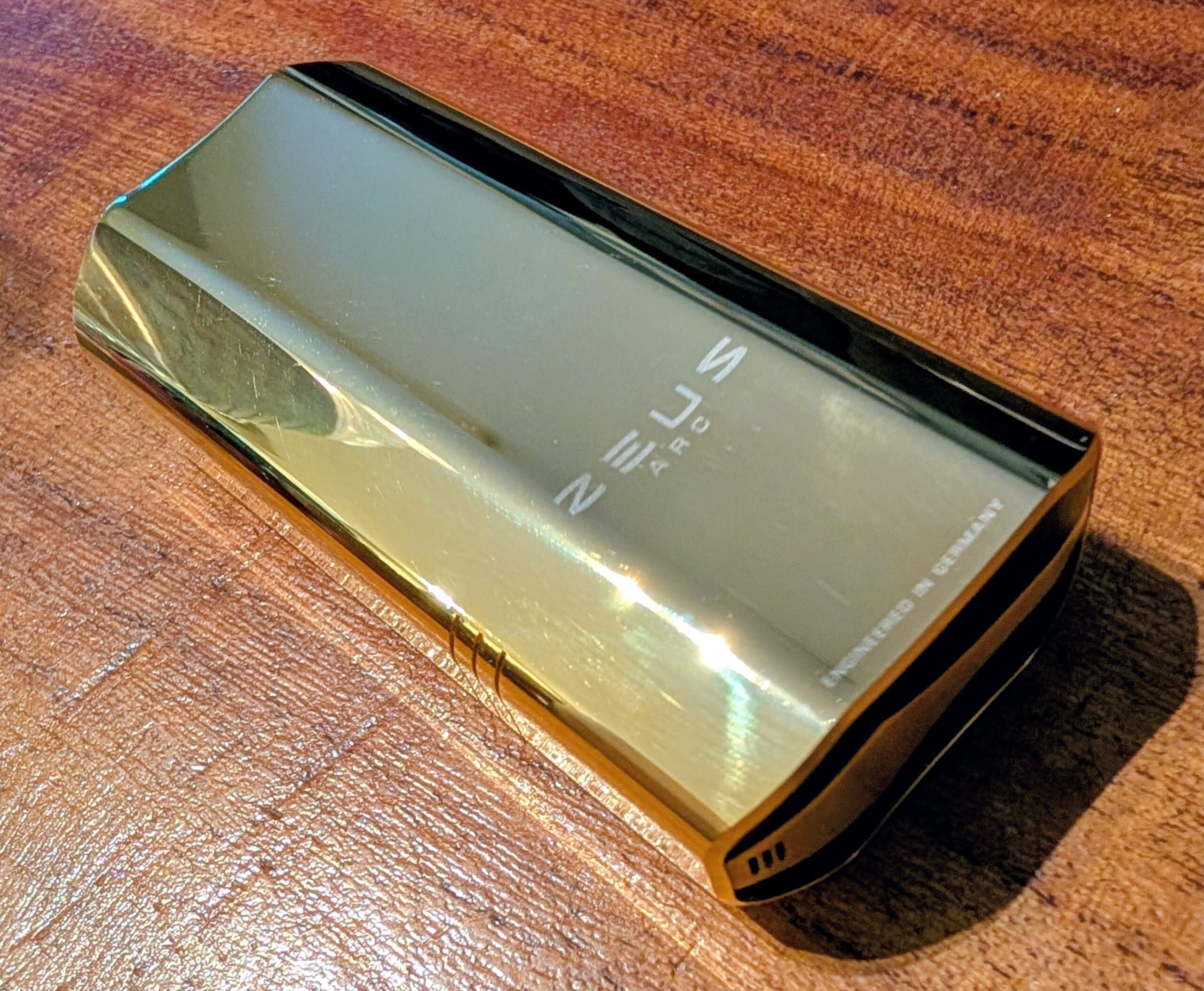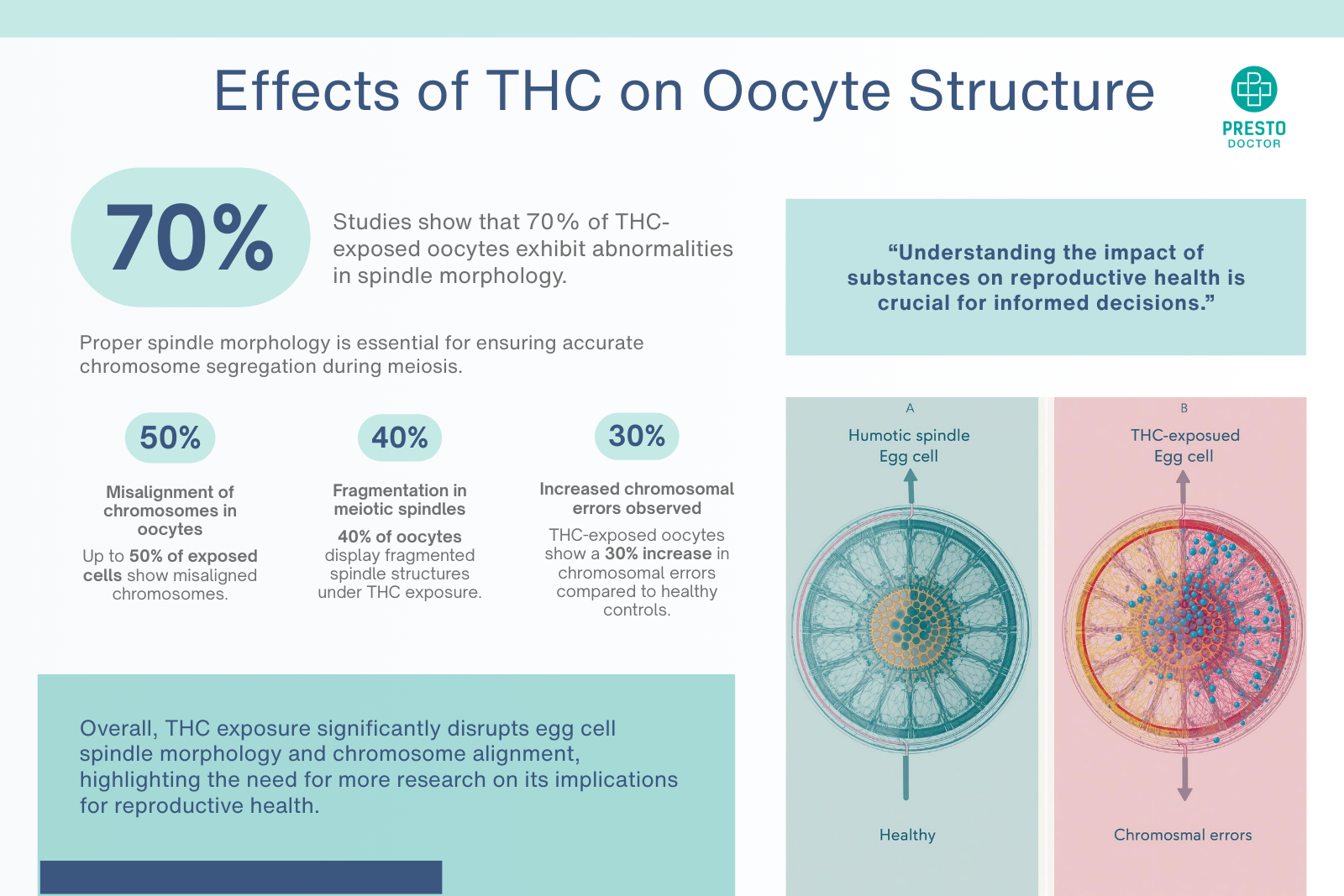
Until recently, medical cannabis patients had little to no options to take an accurate dose of medicine. Unlike any other medical field in the world, marijuana patients are often left to guess and check their treatment. While the dangers of “overdoing it” with marijuana are far less dangerous than that of several legal medications, no patient deserves inaccurate care.
In recent years, a small but growing number of companies have taken steps to address the dosing dilemma. Today, they represent significant progress in data and dosage control. In just a few years, patients have gone from having no solution to a handful of options. What may follow in the coming years could put an end to dosing concerns in medical cannabis altogether.
Why Proper Dosage Matters

If you’ve ever had too much cannabis, then you’ll understand the importance of proper dosing. For recreational users, an inaccurate dosing can result in a suboptimal experience. For patients, however, the outcome can leave their pains and conditions improperly treated.
Researchers are just now beginning to dive into what makes our bodies experience cannabis the way it does. From anecdotal experience, we know that our outcomes fluctuate vastly due to the strains or products we choose. The choice between an indica or sativa could just as much impact you as the CBD to THC ratio or your general disposition.
As additional medical cannabis programs opened over the past few years, patients had few consumption options to choose from. In varying cases, they could smoke or use edibles – two notoriously finicky methods to measure consumption. Today, edibles are much more regulated, while smokable flower remains the same and is often excluded from state’s medical programs. Instead, a variety of treatments exist from topicals to pills and tinctures
Proper dosing is now starting to receive the attention it deserves as more marketplaces begin to open. These new cannabis consumption methods and products represent the first steps towards regulating a patient’s dose.
When it comes to vaping, the relatively small market today could soon be flooded with products.
Let’s Talk About Microdosing
Microdosing became one of the latest new cannabis consumption methods to address proper consumption of sorts. The method has caught the attention of medical marijuana patients and mothers as well. Now, microdosing has support from a large swath of the public and a portion of the medical field.
Dr. Dustin Sulak has become a prominent voice in cannabis dosing in recent years. “I discovered that most people have a certain threshold dosage of cannabis,” he added, “below which they’ll actually experience a gradual increase in health benefits over time, and above which they’ll start building tolerance, experiencing diminishing benefits, and more side effects.”
Dr. Sulak joins others in the medical field to support microdosing through smoking, eating or vaporizing. While professionals love microdosing for its ability to boost creativity and focus, patients enjoy its ability to provide treatment in a gradual, measured dosage.
While many now champion microdosing, others that we’ll discuss, instead, want to focus on specific doses rather than microdoses.
The New Cannabis Consumption Methods for Proper Dosing
Today, you’re more likely to come across tips for controlling your dosage over products to perform the function itself. Nevertheless, a growing number of options are breathing fresh air into a relatively new sector. These three products represent the advancements in cannabis dosage control that patients and adult users have clamored for some time now.
Dosist

Dosist’s dose pen aims to “ensure a safe, controlled and accurate dose” through a range of formulas and timed inhalation. All patients need to do is inhale as they would any product. From there, the pen will shut off after three seconds and will vibrate to let you know you’ve received your adequate dosage.
Since launching in 2016, Dosist received quite a bit of attention. That includes nods from TIME as one of its top inventions of 2016, and being a finalist for Fast Company’s World Changing Ideas Awards.
In May, President Josh Campbell explained the company’s goals to Midas Letter, “People are using [cannabis] to help sleep, people are using the products to help relieve pain, helping to overcome post-traumatic stress disorder…so instead of going the traditional route where we’re developing strains and flower to combat that, we thought, well, why don’t we derive formulas that are consistent just like every other consumer product in the world, and that are actually designed to help people do it?”

Resolve Digital Health
Three years of research led Resolve Digital Health to the upcoming fall release of the Resolve One Smart Inhaler. The company is expanding to provide patients with metered single use Smartpods, cartridges and an app which provides users with detailed analytics about their consumption.

President and CEO Rob Adelson was part of Resolve’s research and development. His work included speaking with people in the space. Their anecdotal evidence confirmed to him that there was a need for a different way to consume. He told PrestoDoctor, “It took about six months to prove to myself that A. there is a need and B. what we’re proposing could fill a hole in the medical cannabis space.” This included building an ecosystem that includes a vaporizer backed by an app, software and a signature algorithm that brings a community of like-minded patients together. “Our goal with the ecosystem is to empower patients with data.”
Syq Medical
Israel’s Syq Medical entered the market in 2017 with its metered-dose inhaler as well. Backed by the country’s health ministry, Syqe now represents potential in aiding patients and becoming one of the largest names in the global cannabis market. Their support includes a $20 million investment from American tobacco giant Philip Morris.
Syqe joins companies like Resolve that intend to use data to improve a user’s experience. If projections hold to form, the company plans to begin trials with the United States Food and Drug Administration this year.
In Closing
The three products above are just some of the new cannabis consumption methods to tackle dosing issues. In the coming years, we could see an influx of devices that advance dosing tech even further. From managing doses to providing analytics that rivals a FitBit, a burgeoning smart dosage market is already taking shape. Soon enough, patients could find themselves Googling and combing through communities to find which is the best dosage control product for them in a saturated marketplace.
Imagine that: being able to control your consumption at an affordable price. Now, that’s a big picture we can all get behind!
First, space needs to catch up on research and development. However, the tech and information gap continues to close with more countries and states becoming involved. Companies are well aware of the importance surrounding dosage control for patients. With demand high, expect more to come sooner than later.

